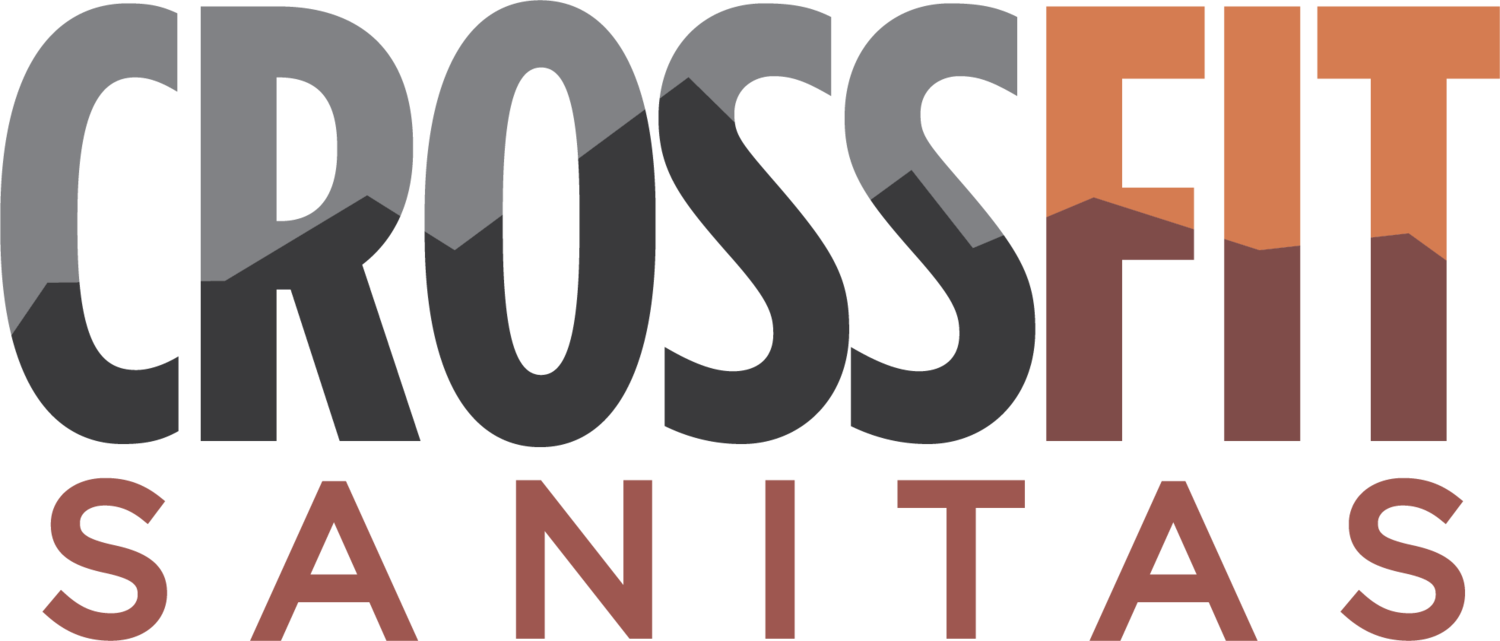Destigmatizing Mental Health, by Sanitas Member Tommy Thomas
This past December, my wife, Lisa, and I lost our 16 year old daughter to suicide. We knew Sayge was struggling but we were unaware that the depth of her depression was such that she would consider ending her life. Only after reading Sayge’s journal did we come to understand the true depth of her despair. We also learned that she wanted help but was afraid of being stigmatized as some sort of “mental case”. Her mental anguish was so great that she was unable to envision moving forward in a life that could be joyful and rewarding. There are a host of resources available to young people like Sayge, yet tragically she was unaware of them. Some of these resources could have helped her navigate her despair and show her that she had a great deal to live for.
Sayge was a remarkable young woman. She was a straight A student at Fairview High School. She was on the lacrosse team and was active in the karate and climbing communities. Sayge hung out with a small cadre of close friends, didn’t drink alcohol or do drugs. She was extremely responsible and and seemed to have a lot to live for. Sayge was not the kind of kid that we, her teachers, and other parents considered a suicide risk. We were all wrong. She masked her pain effectively and hid her despair from everyone. Though she did not hesitate to ask for help with her knee problems, she was afraid to ask for help for her mental health issues.
It is important that we, as a society, understand there are a multitude of resources available for young adults who are struggling with depression and anxiety. Every child is unique, which means every case must be dealt with on an individual basis. There is no “one size fits all” cure. The following is a list of resources which may help you and your child find the unique solution which will put your child on a path of mental wellness:
As a society we need to bring mental health out of the shadows of our culture and into daylight where it can be recognized and discussed. Discussions around dinner tables, lunch tables, and classrooms are the best way to begin normalizing mental health issues and removing the harmful stigma currently associated with mental health care. Our hope is that once mental health care is normalized, young adults will be more likely to ask for help before their condition becomes critical.
We come to CrossFit Sanitas to improve our physical well being. The sign on our window says “Get faster, stronger, fitter”. We take pride in the state of our physical fitness and work hard to keep it at a high level. Through diligent work we feel better and look better. We wear shirts that advertise our involvement in CrossFit and most of us will tell anyone willing to listen about our most recent WOD (Q: how do you know if there’s a Crossfitter in the room? A: Oh, they’ll tell you!).
Yet when it comes to the state of our mental health, we’re not so vocal. While you may hear athletes discussing physical ailments after a workout, you rarely hear them discussing their mental health challenges. We share details about visits to the doctor or PT for treatment of our latest injuries, but rarely do we share details about our latest psycho-therapy session. Not too many of us go about town sporting T-shirts advertising “Joe’s Mental Health Clinic”.
The stigmatization of mental health in our society has made it extremely difficult and daunting for young people to reach out for help when they need it. Unfortunately, all too often the first sign a deeply distraught young adult displays is an attempt at ending his/her life. As a society we need to normalize mental health issues to the point where the negative stigmatism is removed and young adults are no longer intimidated to seek mental health care.






